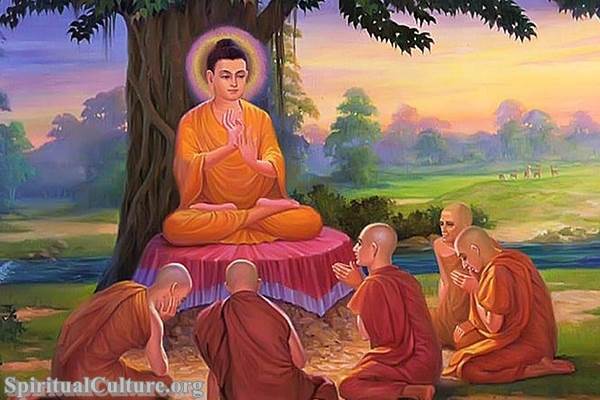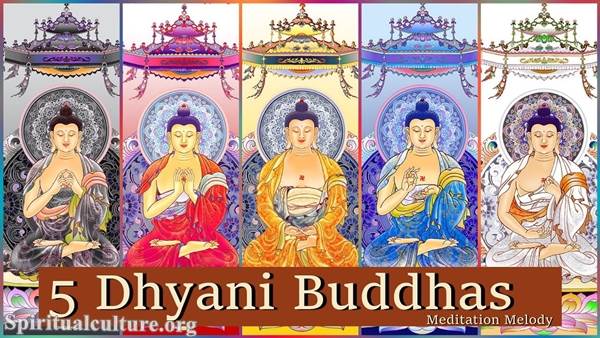Buddhists believe in the Four Noble Truths and the Eightfold Path. The Four Noble Truths are the reality of suffering, the cause of suffering, the possibility of ending suffering, and the path to the cessation of suffering. The Eightfold Path is the path to the cessation of suffering, consisting of the right understanding, right intention, right speech, right action, right livelihood, right effort, right mindfulness, and right concentration.

Additionally, Buddhists believe in reincarnation, the idea that the soul is reborn in a new body after death, and karma, the belief that actions in this life determine the nature of existence in future lives.
Buddhists also believe in the concept of non-self, which holds that there is no permanent, unchanging self or soul. Instead, individuals are made up of constantly changing physical and mental processes. This understanding is meant to lead to the realization that attachment to the self is the source of suffering.
Additionally, Buddhists believe in the possibility of achieving enlightenment or Nirvana, a state of liberation from suffering and the cycle of rebirth. This is seen as the ultimate goal of the spiritual path.
Buddhists also often look to the teachings and examples of the Buddha, Siddhartha Gautama, as a guide for living a moral and ethical life. They may also follow various practices such as meditation, mindfulness, and ethical conduct as means of reaching enlightenment.
Buddhism is a diverse tradition, and beliefs may vary among different sects and schools.

